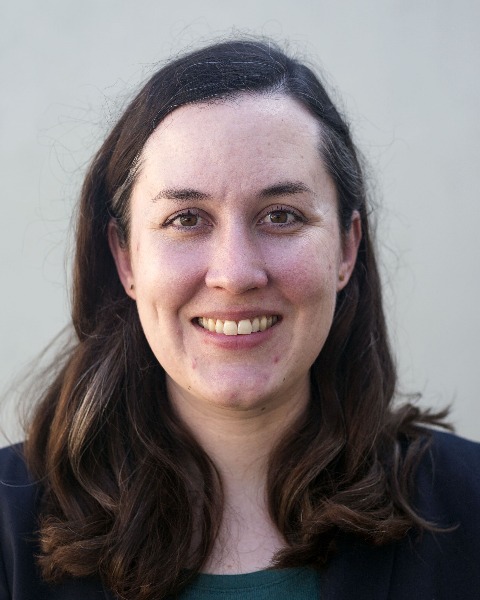Neonatology
Session: Neonatal Infectious Diseases/Immunology 2
604 - Did universal masking for the COVID-19 pandemic reduce MRSA and MSSA acquisition in the NICU?
Friday, May 3, 2024
5:15 PM - 7:15 PM ET
Poster Number: 604
Publication Number: 604.32
Publication Number: 604.32

Meaghan Neary, MD (she/her/hers)
Neonatal-Perinatal Medicine Fellow
University of California, Irvine, School of Medicine
Orange, California, United States
Presenting Author(s)
Background: Staphylococcus aureus is a human commensal that colonizes the nose and causes outbreaks and invasive infection in the NICU population.
Objective: To assess whether universal masking during the COVID-19 pandemic reduced neonatal acquisition of MRSA and MSSA.
Design/Methods: A retrospective cohort study of all neonates admitted to a regional NICU from January 2017-March 2023, comparing the periods before (Jan 2017-Mar 2020) and after (Apr 2020-Mar 2023) universal masking due to the COVID-19 pandemic. Inborn and outborn neonates, and inpatient mothers, underwent admission screening for S. aureus (MRSA and MSSA). Neonates were screened weekly during their hospital admission. Multivariable proportional hazards regression models were performed to evaluate the effect of period (masking vs not) on time to acquisition of S. aureus while adjusting for fixed covariates (gestational age, birthweight, sex, maternal MRSA or MSSA carriage) and time-varying covariates (airway devices and number of screening cultures).
Results: We analyzed a total of 1428 neonates pre-pandemic and 1261 post-pandemic, 85.6% of whom were inborn, with mean gestational age of 35 weeks (SD 4.2) and birthweight of 2501 grams (SD 973). Overall, 44% had an airway device (bCPAP, ETT, or tracheostomy) for a mean of 16 days. The mean number of screening cultures per neonate was 2.8 (SD 3.1). Neonatal characteristics were similar pre- and post- pandemic. Overall incidence of MRSA acquisition was 0.62/1000 NICU days pre-pandemic, and 0.32/1000 days post-pandemic. MSSA acquisition was 1.83/1000 and 2.97/1000, respectively.
When adjusting for covariates, universal masking was associated with decreased acquisition of MRSA (hazard ratio 0.34 (95% CI 0.14-0.87), p=0.02) but not MSSA (HR 1.04 (95% CI 0.69-1.53), p=0.87). Among covariates, airway device was significantly associated with S. aureus acquisition. Maternal S. aureus carrier status was also highly associated with infant S. aureus acquisition (HR for MSSA acquisition 2.45, (1.66-3.62), p= < 0.001; MRSA HR 11.86 (1.45-97.1), p=0.02).
Conclusion(s): Universal masking of staff and parents during the COVID-19 pandemic significantly reduced MRSA, but not MSSA, acquisition in a NICU population. MRSA may be more likely to be acquired from transiently colonized healthcare personnel while MSSA may be more frequently acquired from skin-to-skin contact from parents. The strong association between maternal S. aureus carriage and infant acquisition suggests that parental decolonization during the high risk NICU period may be important.
.png)
